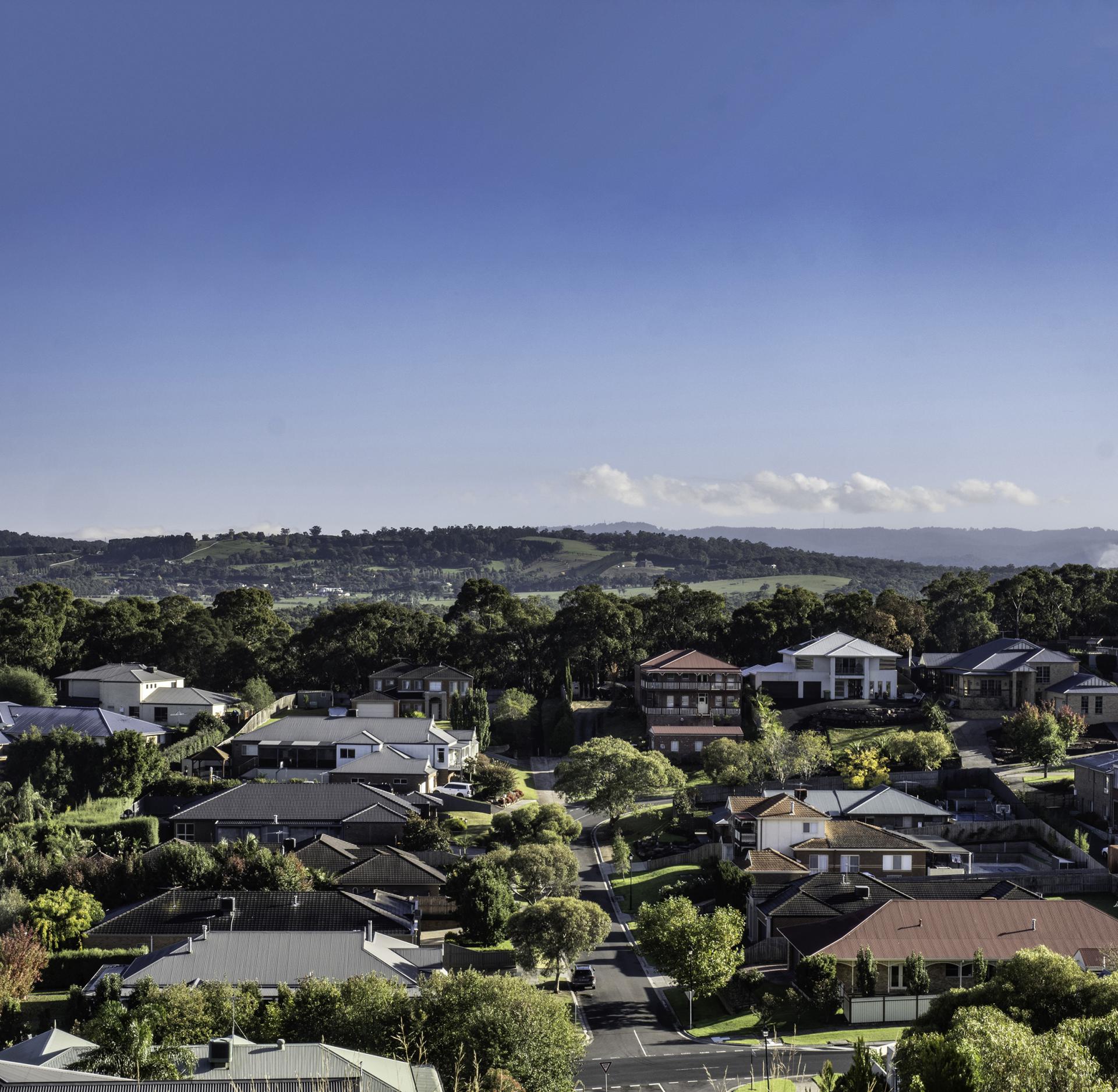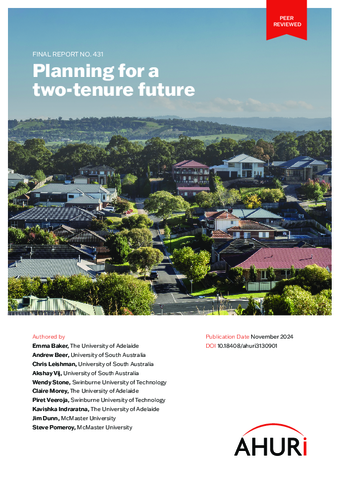Three out of five Australian renters say they expect they will never own their own home — a significant shift that requires rethinking of tax and housing systems so that governments’ support all Australians in a two tier housing market (of owners and renters) into retirement, according to new AHURI research.
The policy challenge is to make renting a good, long-term housing outcome for renters, particularly lower-income, older renters with limited superannuation. The research highlights that in the Australian Housing Aspirations (AHA) survey a large majority (78%) of private rental tenants aspired to own their own home, while the research survey found three out of five (59%) private renters don’t think they will ever be able to afford to buy a home of their own.
Currently, homeowners receive tax concessions that are not available to renters. Examples include no capital gains tax on the sale of the primary residence (which becomes a form of wealth accumulation) and no tax on the imputed rental income of owner occupied housing. Conversely, renters are required to pay rent after income tax.
A fairer housing and tax system (for retirement investment) could see some lower income private renters compensated for living long-term in the sector. This support could come through the provision of non-property investment opportunities (to reduce households’ need to 'rentvest') or targeted superannuation benefits.
Sustained underinvestment in social housing stock has also had long-term negative implications for all Australians and additional public housing construction is needed as a priority, together with policies to support private developers increasing the supply of affordable housing. In addition, a more immediate goal for policy development is to reform legislation controlling private tenancies so as to have better protections for tenants.


